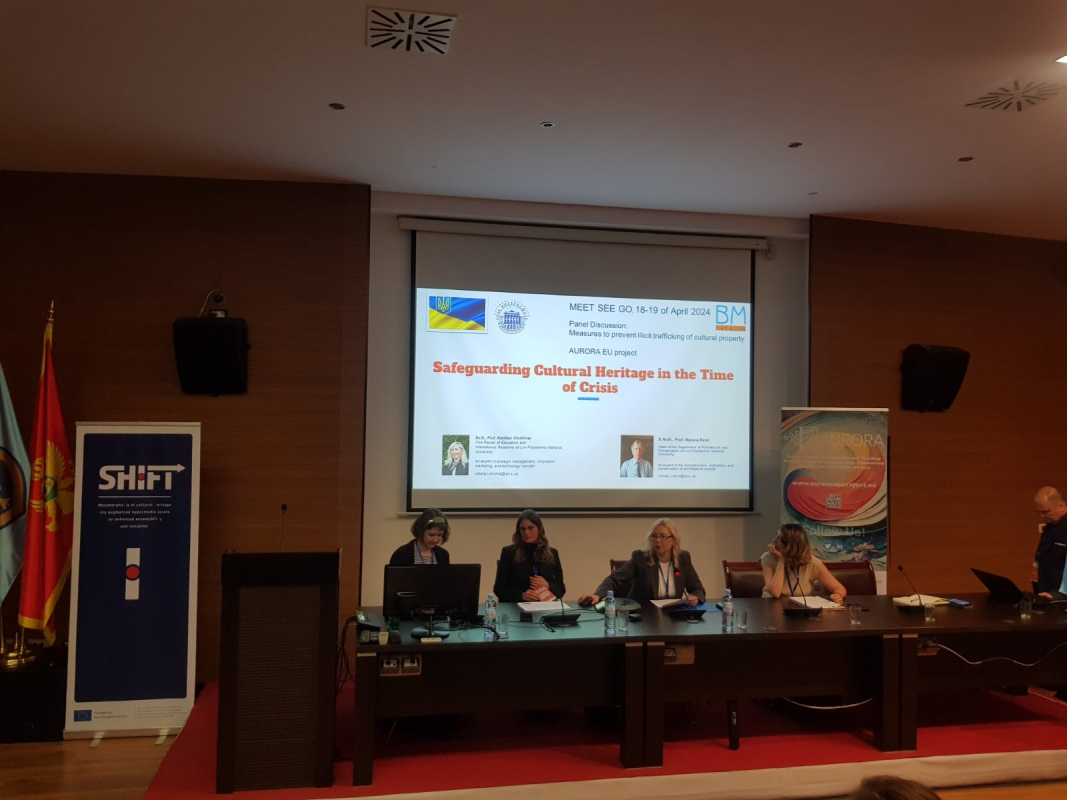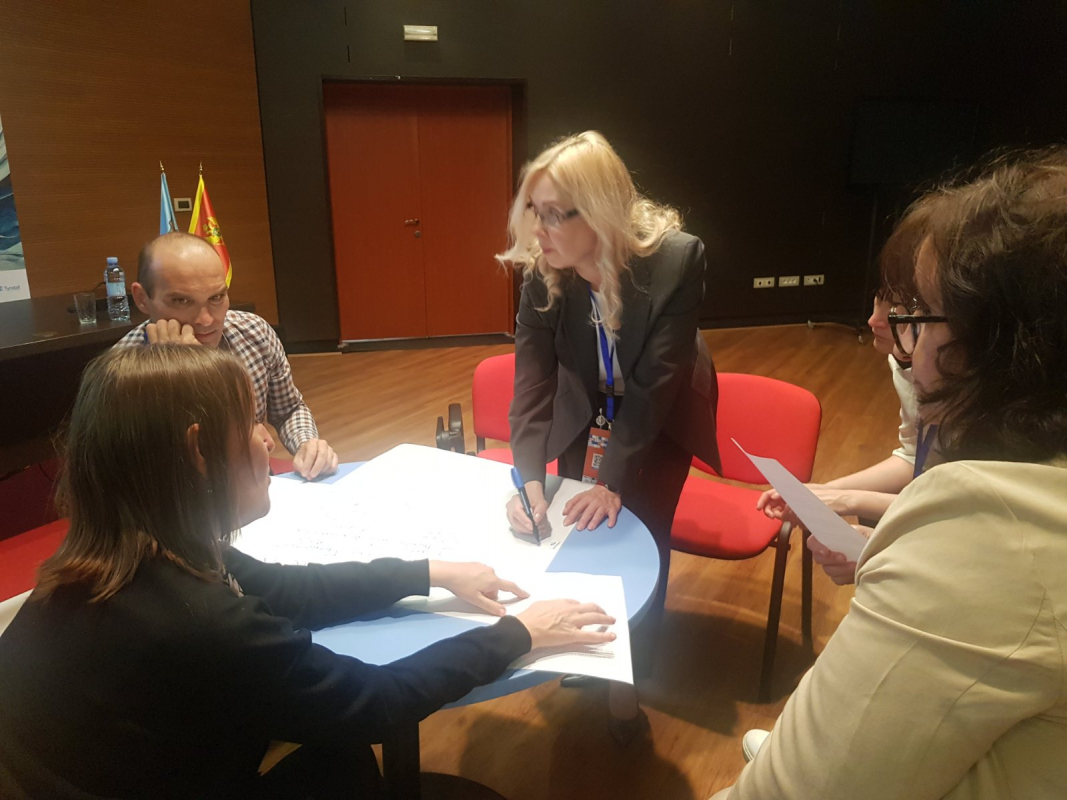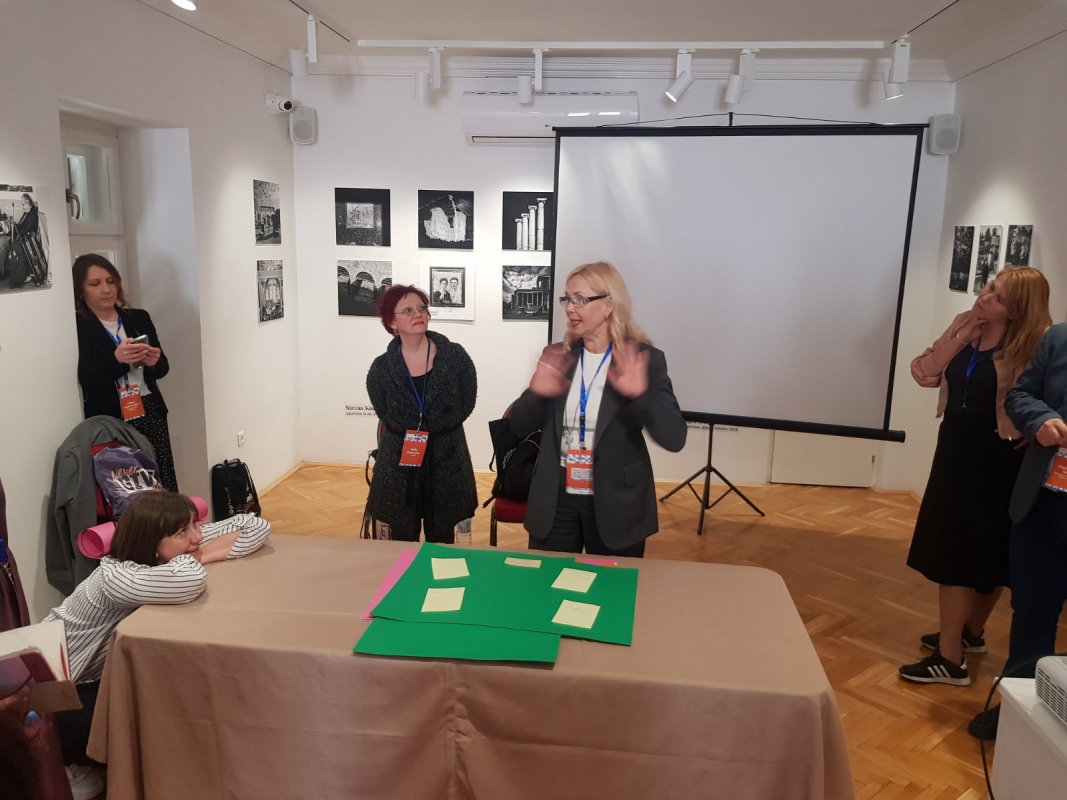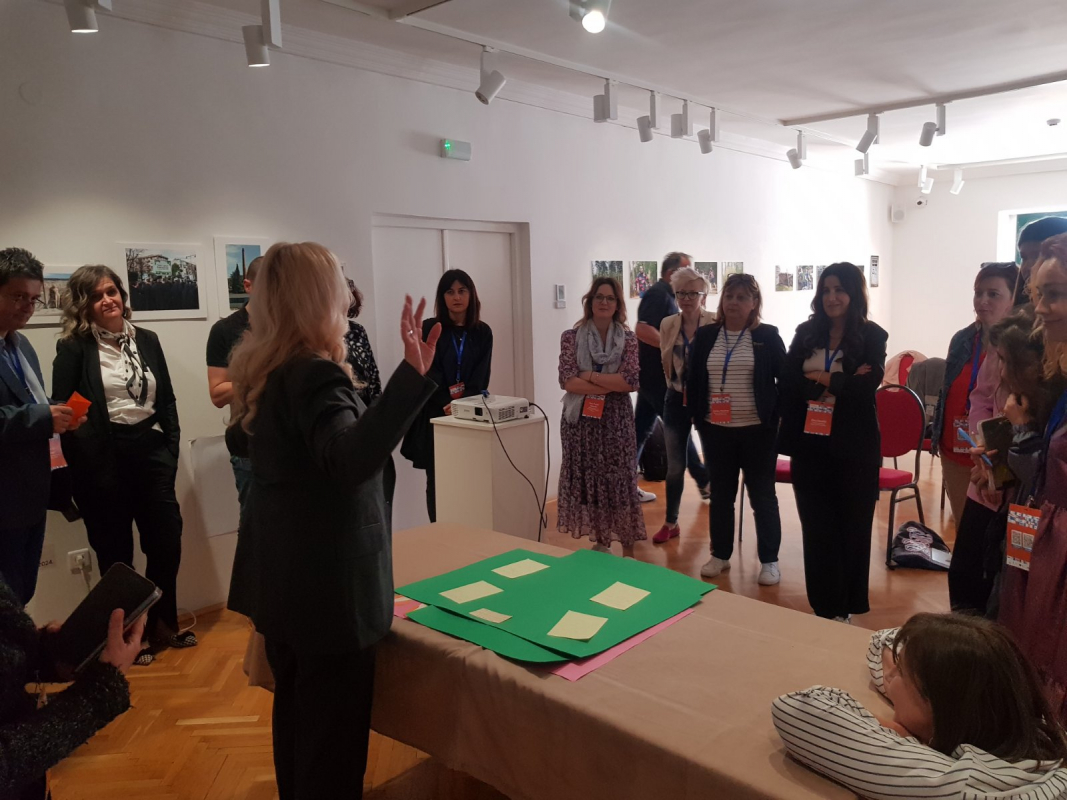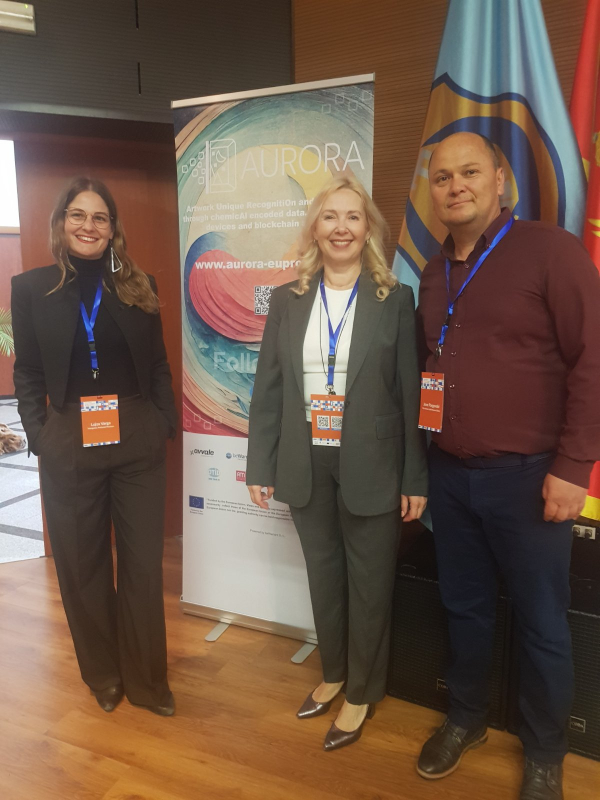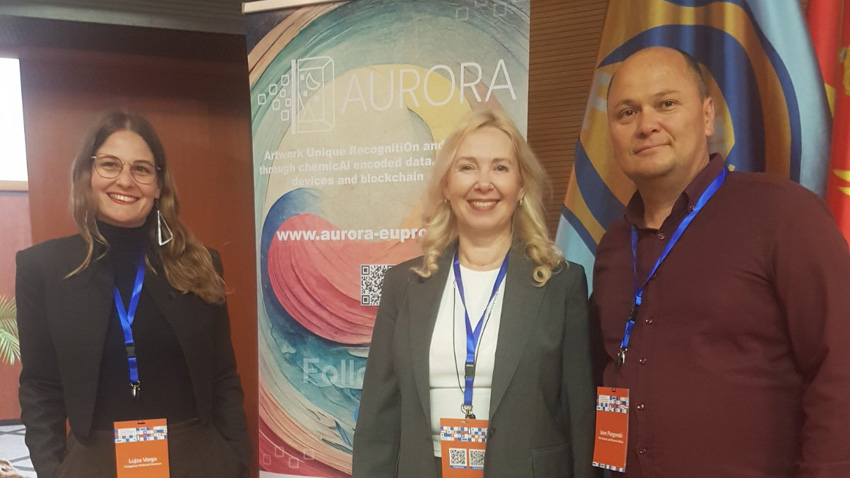The international conference "Meet, See, Do: Preservation of Cultural Heritage During Crisis" was held on April 18-19, 2024, in the city of Tivat (Montenegro) at the Tivat Museum and Gallery. The conference was organized by the Balkan Museum Network (Bosnia and Herzegovina). The conference was an excellent opportunity to bring together museum professionals from across the region for an exciting two days to exchange and support each other and establish possible options for future cooperation. More than 70 participants from 17 countries attended the conference.
The conference provided an opportunity for professionals to discuss and share examples on topics such as:
- Preservation of cultural heritage during armed conflicts, natural disasters, and climate disasters as part of emergency response to protect cultural values;
- Measures taken to combat the illicit trafficking of cultural heritage;
- Methods of working on preventive conservation measures, including education, promoting preservation, and digital documentation of heritage;
- Changing political, economic, and public neglect of cultural heritage;
- The role of technological solutions such as VR/AR in the protection of cultural heritage.
As part of the conference, a panel discussion took place on the results of the international AURORA project and its impact on the preservation of cultural heritage. The panel discussion "Measures to prevent illicit trafficking of cultural property, AURORA EU project" included representatives of the AURORA project and invited experts on the conference topics.
Among the invited participants of the panel discussion were:
- Lujza Varga, Hungarian National Museum, Head of Department, Deputy Head of Director General's Cabinet; Department of Project Coordination and Exhibition Management (AURORA project partner);
- Nataliya Chukhray, Lviv Polytechnic National University, Vice-Rector for Education and International Relations;
- Olivera Dzartovska-Tachevska, Blue Shield Macedonia;
- Cameron Walter, Customs Adviser and Head of Heritage Crime Task Force, Border Security and Management Unit, Transnational Threats Department, OSCE.
The discussion was moderated by Jove Pargovski, N.I. Institute and Museum Bitola and Aida Vežić, Balkan Museum Network.
More information about the invited speakers and experts can be found on the conference website, and more about the AURORA project and its results can be found on the official project website.
For reference
The Balkan Museum Network was established in April 2006 in the Gustavianum Museum in Uppsala, Sweden. The original network has been facilitated by the foundation Cultural Heritage without Borders. The first BMN members have been museum directors and key staff from eleven museums in the Western Balkans region (Albania, Bosnia and Herzegovina, Kosovo, North Macedonia, Montenegro, and Serbia). At the time, a special network for female museum directors was also established to address the specific needs of this group. The museum cooperation aimed at enhancing cultural understanding, developing staff competencies, facilitating the exchange of ideas and exhibitions, and making the museums more inviting to the public. Several workshops and seminars have been organized on various topics, such as museum management, strategic planning, exhibitions, communication, conservation, and education. A series of major projects around access for disabled people led to improvements in museum access.
